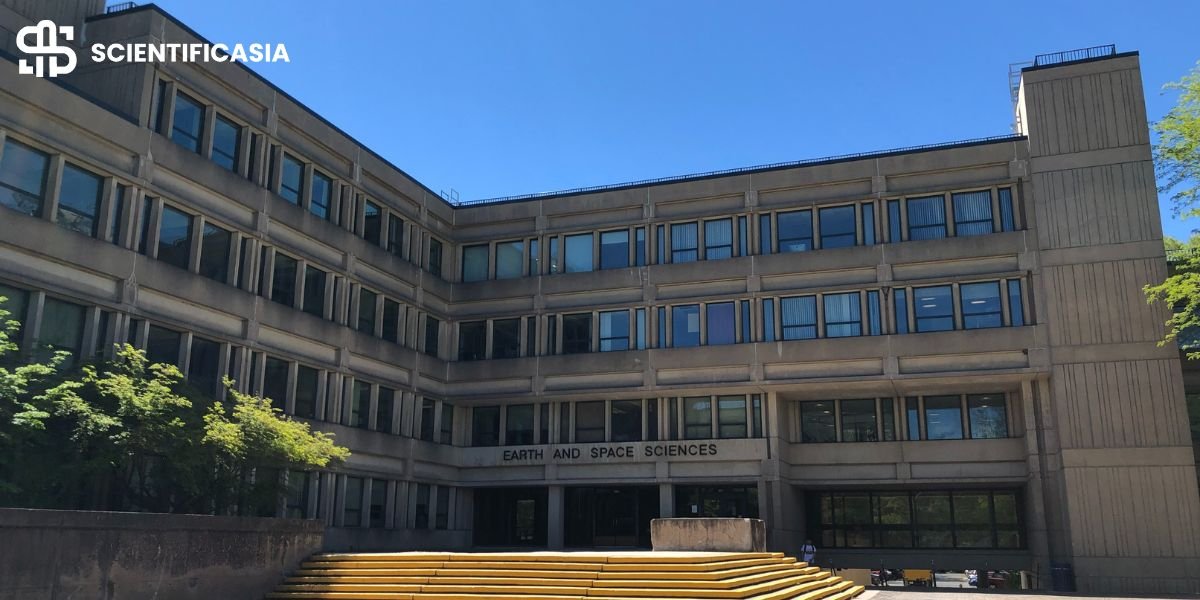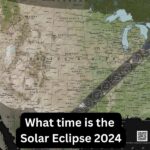Stony Brook University offers a Bachelor of Arts (BA) in Earth and Space Sciences (ESS), an interdisciplinary program covering topics in geology, astronomy, atmospheric sciences, and marine sciences. The program is designed for students who want a broad scientific foundation and the flexibility to specialize in various subfields. It is offered by the Department of Geosciences, which has a strong reputation in earth science research.
Program Overview
The BA in Earth and Space Sciences at Stony Brook is not strictly a professional degree in geology or astronomy but rather an interdisciplinary science program that allows students to explore multiple fields. The degree is particularly useful for those interested in environmental policy, science communication, education, and interdisciplinary careers that blend earth sciences with other domains.
The program does not require as many advanced mathematics or physics courses as a typical Bachelor of Science (BS) in Geosciences. Instead, it allows students to gain a broad understanding of earth and space sciences without specializing too early. This can be a real advantage for students who are passionate about Earth and Space but may not be as drawn to the more mathematically intensive aspects of a pure Geoscience BS.
Program Tracks
Stony Brook offers two tracks within the Earth and Space Science major:
- Earth and Space Sciences Track (General Track)
This track is ideal for students interested in a general science background that can be applied to various fields, including:
- Environmental policy and planning
- Scientific journalism
- Public health and sustainability
- Astrobiology and planetary science
- Geospatial technology (GIS, remote sensing)
Students in this track can choose electives from geology, astronomy, marine sciences, and atmospheric sciences, allowing them to shape their coursework based on career interests. This flexibility makes the General Track a great option for students who want to explore different areas within Earth and Space Science before committing to a specific career path.
- Earth Science Education Track
This track is designed for students who want to become certified Earth Science teachers for grades 7-12. It provides coursework in both earth sciences and science education methods.
Key aspects of this track:
- Prepares students to teach Earth Science in secondary schools
- Can be paired with a Master of Arts in Teaching (MAT) for professional certification
- Includes fieldwork, laboratory work, and teaching practicum
This track offers a direct pathway for students passionate about sharing their love of Earth Science with the next generation. The combination of strong science content with practical teaching experience makes graduates well-prepared for the classroom.
Edgenuity Earth and Space Science Answers: Study Guide and Resources
Career Prospects
Graduates from Stony Brook’s Earth and Space Sciences program pursue diverse career paths in:
- Science and Environmental Fields: Environmental consulting firms, government agencies (NASA, NOAA, EPA), geospatial technology firms, sustainability initiatives.
- Education and Communication: Middle and high school Earth Science teachers, science writers and journalists, museum and science outreach professionals.
- Other Interdisciplinary Careers: Astrobiology and planetary research, public health (climate change and health impact studies), policy, and law related to environmental protection.
Notable Employers of Alumni
- New York Department of Environmental Conservation
- Environmental Protection Agency (EPA)
- Natural Resources Defense Council (NRDC)
- NASA (for students who pursue further graduate education)
This list of employers highlights the diverse opportunities available to graduates of the program. It’s worth noting that further graduate study can significantly expand career options, particularly in research-focused fields.
Student Reviews and Reputation
Pros:
- ✔ Strong STEM reputation: Stony Brook is well-known for its rigorous science programs.
- ✔ Flexible curriculum: The program allows students to customize their coursework based on their career goals.
- ✔ Good research opportunities: The university has strong research programs in planetary science, environmental science, and geospatial technology.
- ✔ Affordable tuition: As a public university, Stony Brook offers a more affordable option compared to private schools.
Cons:
- ❌ Inconsistent teaching quality: Some students report that while a few professors are exceptional, others can be difficult to follow.
- ❌ STEM rigor: While the BA program is less math-intensive than a BS, students still find that core science classes are challenging.
- ❌ Campus life: Some students feel that the campus social life is less vibrant compared to other universities.
It’s important to weigh these pros and cons when considering any university program. Student feedback provides valuable insights into the realities of the program, both positive and negative.
What Students Say
- 📢 “Stony Brook is great for science and engineering, but you need to be disciplined. The program is what you make of it.” (Reddit)
- 📢 “The teaching staff is hit-or-miss. Some professors are amazing, while others can be frustrating.” (Princeton Review)
These student comments reinforce the points made in the pros and cons section. Discipline and self-direction are important for success in any challenging academic program.
Should You Choose This Major?
The Earth and Space Science major at Stony Brook is a good choice if:
- ✅ You want a broad science degree with flexibility in career paths.
- ✅ You are interested in teaching, environmental work, or science communication.
- ✅ You want a less math-intensive alternative to a BS in Geology or Physics.
However, it may not be the best fit if:
- ❌ You want a specialized career in geology or planetary science (a BS degree may be better).
- ❌ You prefer small class sizes and highly personalized instruction.
- ❌ You are looking for an easy STEM major—this program still requires strong academic effort.
Final Verdict
✅ Recommended for students who want a flexible, interdisciplinary science education with career options in environmental science, education, and policy.
⚠️ Not ideal for those seeking a highly technical or research-focused earth sciences career without further graduate education. (Emphasis added for clarity)
Read More Blogs:
Does Coursera offer Astronomy Course with labs?
















